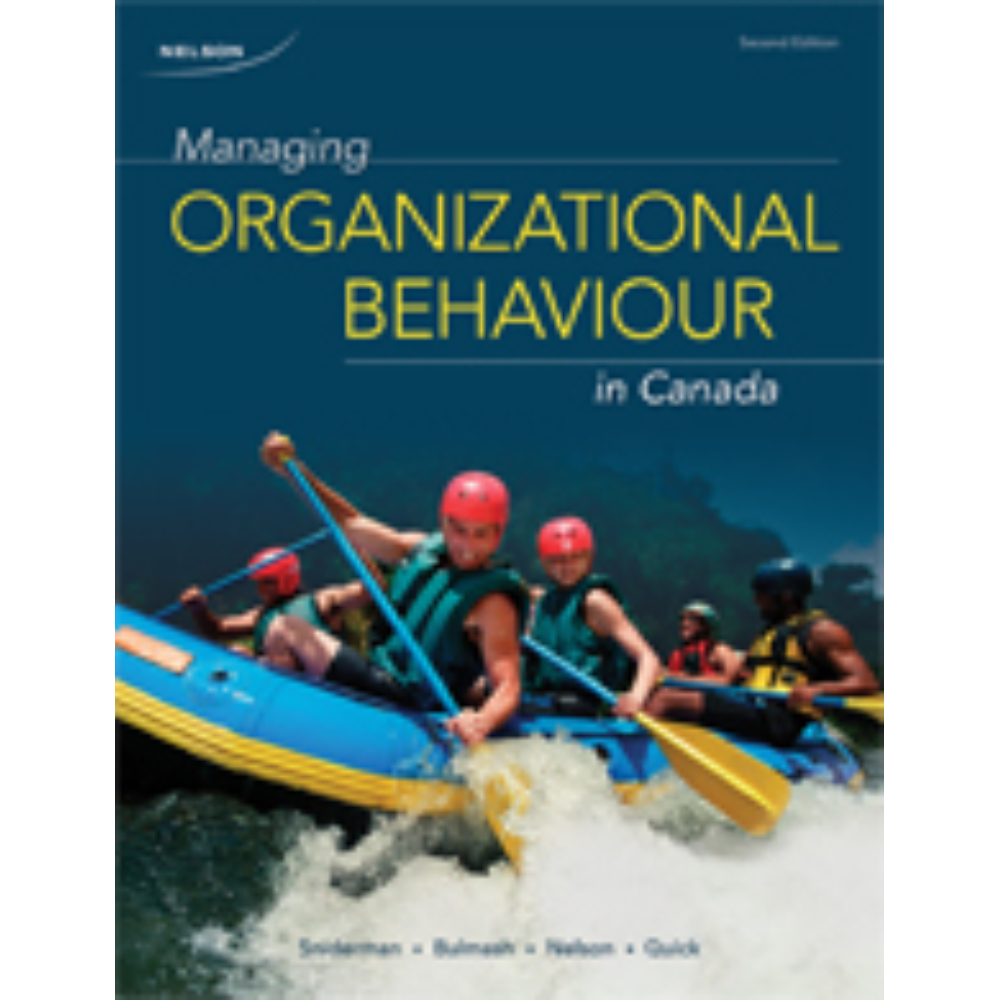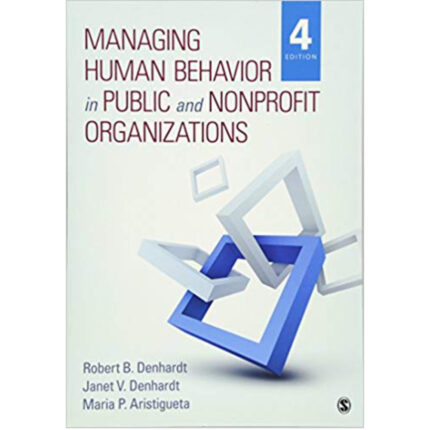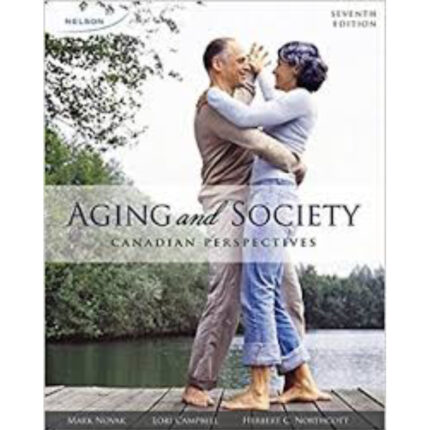Overview
Chapter 11
Conflict Management
Multiple Choice
1. Estimates show that managers spend what percentage of their time dealing with conflict?
a. 5%
b. 15%
c. 25%
d. 50%
ANS: C PTS: 1 DIF: Moderate REF: p. 314
OBJ: 1 BLM: Knowledge
2. Which of the following fits with the definition of conflict?
a. It occurs between two independent parties.
b. It is a perception.
c. It is focused on logic.
d. It is entirely avoidable.
ANS: B PTS: 1 DIF: Moderate REF: p. 314
OBJ: 1 BLM: Comprehension
3. Conflict involves which of the following perceptions?
a. a perception of mutual interest
b. a perception of incompatible goal or behaviours
c. a perception of unacceptable resource dependency
d. a perception of goal congruence
ANS: B PTS: 1 DIF: Easy REF: p. 314
OBJ: 1 BLM: Knowledge
4. Which aspect of emotion is the way emotion makes us feel?
a. behavioural component of emotion
b. physiological component of emotion
c. cognitive component of emotion
d. relational component of emotion
ANS: B PTS: 1 DIF: Moderate REF: p. 315
OBJ: 1 BLM: Knowledge
5. Which component of an emotion describes the way our mind interprets and appraises emotion.
a. cognitive
b. behavioural
c. relational
d. physiological
ANS: A PTS: 1 DIF: Hard REF: p. 315
OBJ: 1 BLM: Knowledge
6. What type of conflict is defined as interpersonal incompatibilities, and typically includes feeling of anger, tension, and friction?
a. process
b. task
c. relationship
d. intergroup
ANS: C PTS: 1 DIF: Easy REF: p. 315
OBJ: 1 BLM: Knowledge
7. What kind of conflict refers to differences in viewpoints and opinion pertaining to the completion of the work?
a. process
b. task
c. relationship
d. intergroup
ANS: B PTS: 1 DIF: Moderate REF: p. 315
OBJ: 1 BLM: Knowledge
8. Intense negative emotions are commonly associated with which kind of conflict?
a. process
b. task
c. relationship
d. intergroup
ANS: C PTS: 1 DIF: Moderate REF: p. 315
OBJ: 1 BLM: Knowledge
9. Although one type of conflict tends to hinder group functioning, another can actually promote group functioning and creativity. Identify the conflicts.
a. task and relationship
b. task and process
c. process and task
d. relationship and task
ANS: D PTS: 1 DIF: Hard REF: p. 315
OBJ: 2 BLM: Knowledge
10. How do we refer to conflict that occurs between two or more individuals?
a. interpersonal
b. intrapersonal
c. intergroup
d. intragroup
ANS: A PTS: 1 DIF: Easy REF: p. 316
OBJ: 1 BLM: Knowledge












Reviews
There are no reviews yet.